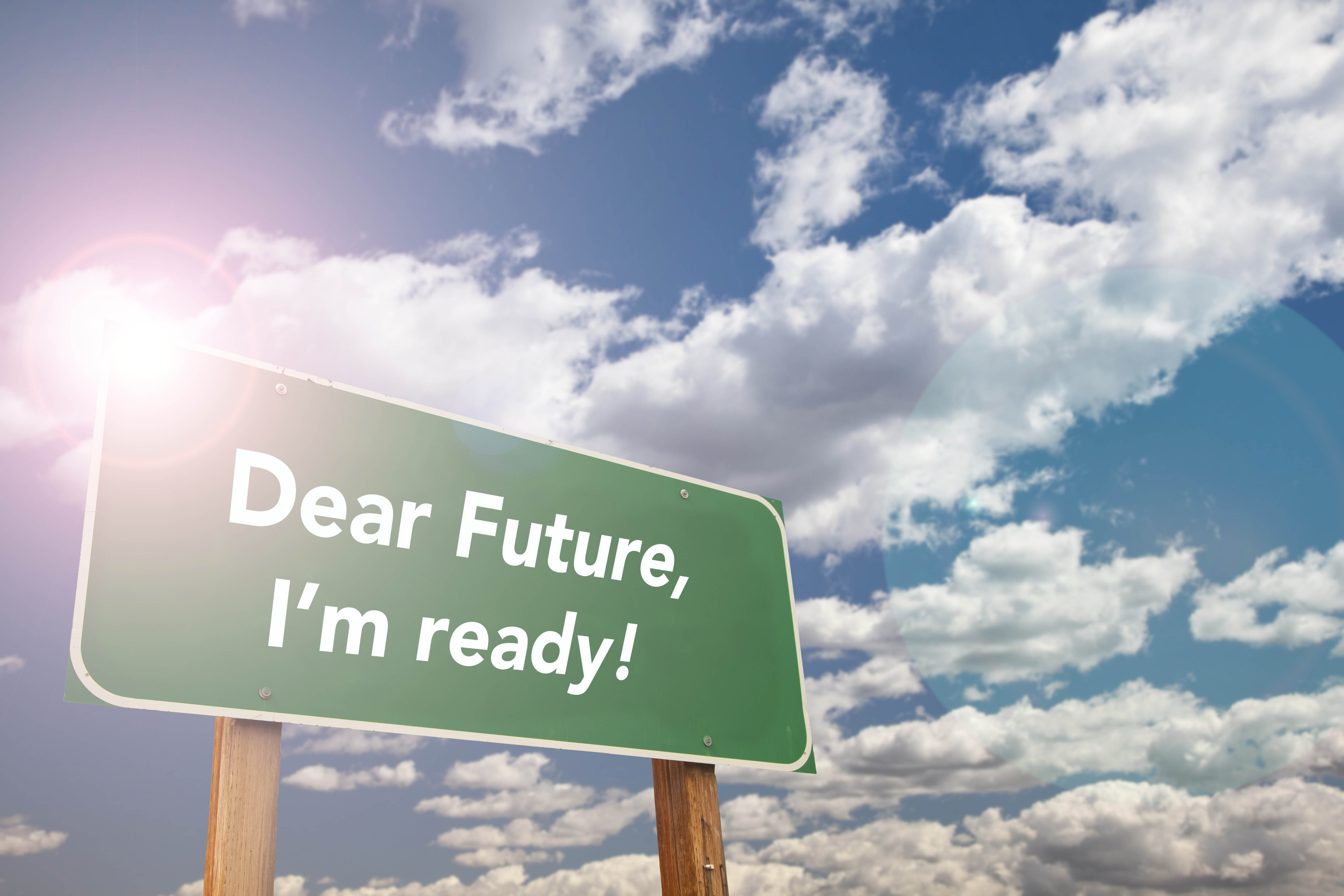You might not be aware, but today marks the anniversary of the highest natural wind gust measured on Earth. In 1934, Mount Washington Observatory recorded winds at 231 miles an hour. This gust was so impressive that we now have a national holiday every year in its honor: Big Wind Day.
While it’s unlikely that a 231 mile-an-hour wind is going to go big bad wolf on your house, it’s still smart to prepare for extreme situations. FEMA actually recommends that each household prepare and keep an Emergency Financial First Aid Kit (EFFAK).

So what is an EFFAK and why do you need one?
An Emergency Financial First Aid Kit is a compilation of important documents and forms pertaining to your finances. In the event of a disaster, having these all in one safe place will help make recovery for you and your family much easier.
How do you make one?
When you’re in the middle of a crisis, hunting down your various household records will be the last thing you want to do (if you are able to at all). Instead, it’s crucial to prepare this information well ahead of a disaster.
1) Compile your documents
First, try and automate as many things as possible. Then, gather statements of regular bills that you pay automatically, such as housing payments, loans, utilities, etc. You’ll also want photos or video footage of your belongings and the rooms in your home. And it’s a good idea to have an emergency stash of cash. Lastly, you should gather important records such as licenses, identifying cards, household and employer info, real estate and loan documents, bank and investment info, tax info, vehicle and insurance records and estate planning documents. For a complete list of the information you should collect, check out FEMA’s preparedness website.
2) Check everything
Review all of your policies and ensure they currently suit your needs. Is your insurance coverage up-to-date? If there’s something you don’t have yet, such as a will or life insurance policy, now is a good time to get those set up. Make sure all your existing documents are accurate and that nothing needs to be changed or corrected legally.
3) Find somewhere to store everything
Ideally, you’ll have both paper and electronic copies of your EFFAK. Store the hard copy version in a fire and waterproof safe at home, or better yet, in a safe deposit box. If you use a safe deposit box, make sure you have a plan for who can access it if something were to happen to you. Here at Central National Bank, you can rent a box for as little as $15 each year, whether or not you’re currently a customer. The price will vary based on the size of the box and availability varies so check with your local branch to find out what’s available near you.
4) Regularly update
It’s a good idea to update your documents at least once a year. A good way to do this is to review everything around tax season, make sure everything is correct and add any information that’s missing. It’s especially important to update your EFFAK when you face major life changes. These include the purchase of a home, changing insurance providers, having children, changing your retirement planning, changing your marital status, etc. Outdated documents won’t be any help should the unthinkable happen.
You never know when a crisis will hit, and an Emergency Financial First Aid Kit can help you get prepared for the unexpected. And once you’ve been hit, it’s too late, so help your future self and start your EFFAK today.
